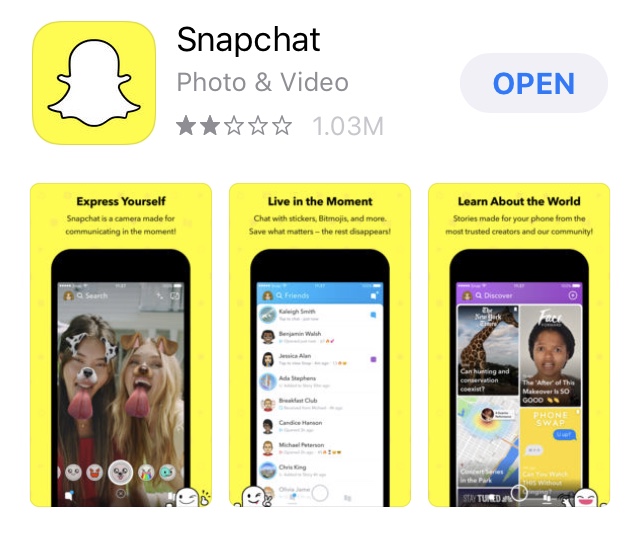I am a member of almost every social network. I spend hours and hours online. But I despise it, and not because people act like hollow versions of themselves online. I was given the illusion of choice when I joined social media, and about that, I feel victimized.
Ever since I logged onto Instagram, my first social network, in sixth grade, posting about myself online made me anxious. I knew in the back of my mind from the Internet safety assemblies at school that what we post on the Internet is forever; it never goes away, even if we delete it. These talks led me to wonder how that’s possible, and why the Internet needs to collect pictures of my friends and me. I was too concerned about my privacy online to incessantly post photos of myself, but I was also too worried about not fitting into society that I sacrificed my privacy to join.
In seventh grade, all of my friends got Snapchat, an app through which users exchange pictures that disappear seconds after being viewed. I thought it was pointless, but my friends found it revolutionary: conversations that deleted automatically supposedly meant nothing was permanent unless someone took a screenshot. Reluctantly, I joined Snapchat and began communicating by sending pictures of my face with a short caption. I took comfort in the fact the images of my face disappeared after a few moments. However, I still couldn’t shake the Internet safety warnings from my mind.
As my usage of Snapchat continued, I moved away from sending pictures of my face. Instead, I posted my forehead, or maybe the side of my face. But then I stopped sending any images of myself to friends and only shots of the ceiling, and eventually, a black screen. Then I asked myself what the point was of sending pictures of nothingness. I couldn’t answer my question, so I stopped using Snapchat altogether.
Before high school, I joined Facebook, the mother of social media as we know it, not because I wanted to but because I had to. My school communicated with my class through Facebook groups. With the lore already surrounding Facebook—it exists to spy on us and sell our information—I felt uneasy about joining. I rarely post on Facebook as a result. I use it to get news about school, and that’s all. (The only additional benefit I can discern is the endless supply of cooking videos Facebook supplies for me to watch.)
It wasn’t until I was already a junior that the data rumors came to fruition and Mark Zuckerberg testified before Congress. I wasn’t surprised by the news, but I was relieved the story finally made it to the forefront, that is was no longer just a feeling I had or a conspiracy theory. Still, I yearned to deactivate my account; I didn’t (ever) approve of Facebook collecting and selling my information. But the price of my privacy, just like in sixth grade, was school, i.e., society. In other words, despite the attention, the outcome remained the same.
I know Facebook has made reforms to let us know they’re collecting and selling our information and that there’s nothing we can do about it so long as we use the social network. But why was that the only result of a congressional hearing? You’d think that this would end, the profiteering off of the destruction of our privacy, but I see no light at the end of this tunnel. I need Facebook to be a member of my high school community, and I will need it to be a member of my college community, and I will probably need it after college to make connections for work.
Many people claim teenagers are addicted to social media. That may be true, but the reason we’re addicted to it is the insidious powers which force social media upon us. We need it to connect with our peers and the rest of society. I would love to give my social media up, but if I do, I will be isolated from the world. For me, joining social media means making a deal with the devil: for happiness (friends and entertainment) I must trade my soul (privacy and individuality). And as with most deals gone bad, the repercussions are often pervasive and, even scarier, unforeseeable.


